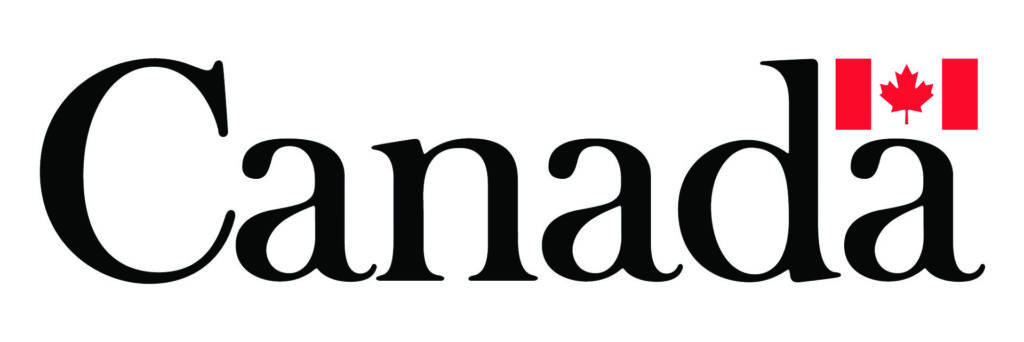THE DOUBLE BIND: How Race and Gender Shape Black Women’s Careers in Foodservice
Intersectionality isn’t just a buzzword—it’s a reality that shapes workplace experiences in ways many don’t see. Coined by legal scholar Kimberlé Crenshaw, the concept explains how overlapping identities—like race and gender—create unique barriers. For Black women in the workplace, this means navigating both racial and gender bias, often leading to fewer opportunities, slower career advancement, and a higher likelihood of workplace discrimination.
This double bind forces Black women to constantly navigate workplace politics in ways their peers don’t. This extra layer of stress contributes to burnout, job dissatisfaction, and high turnover rates. It’s not just about fixing one issue at a time; real change requires acknowledging how these challenges compound—and taking action to dismantle them.
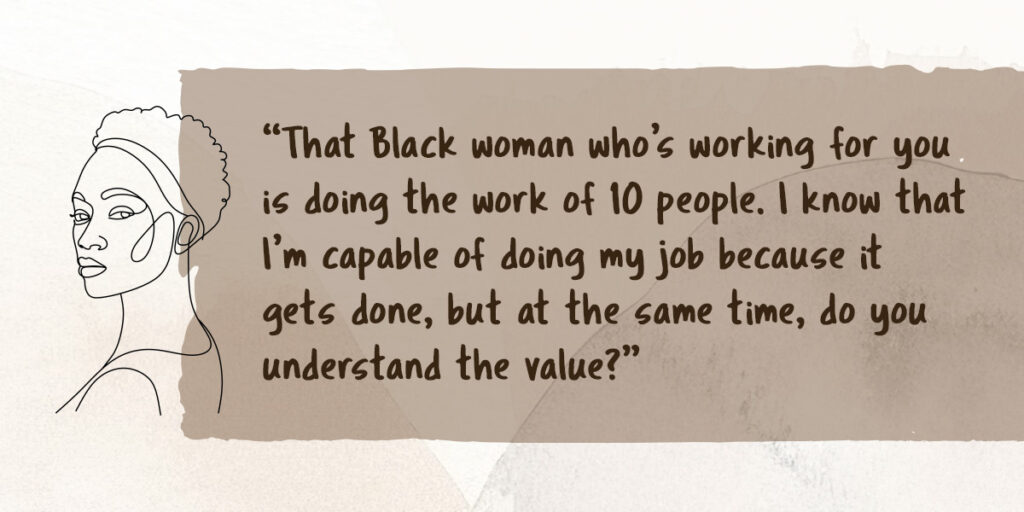
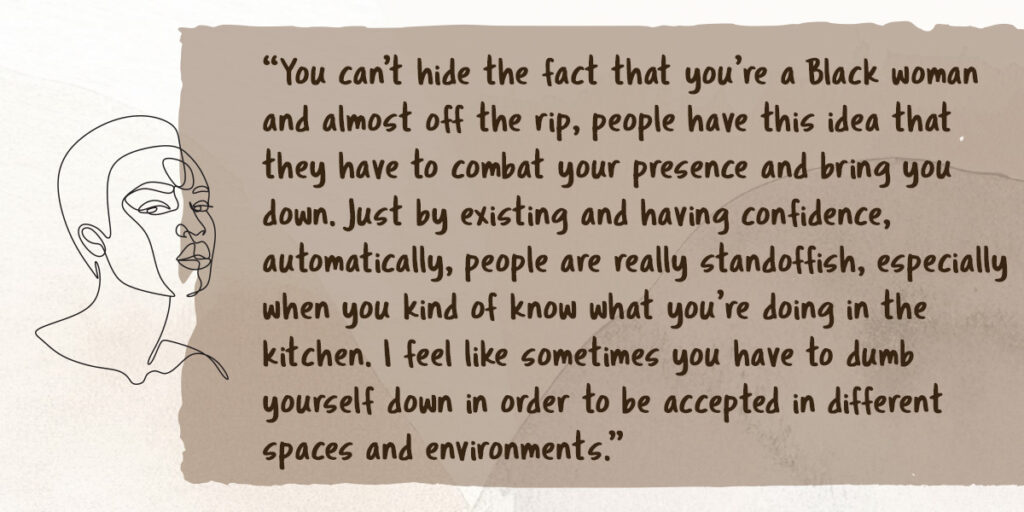
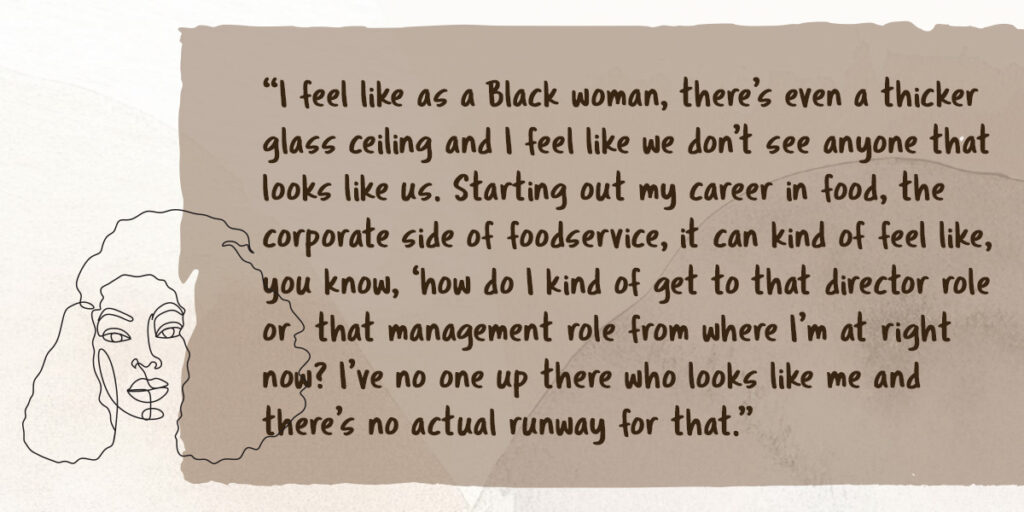
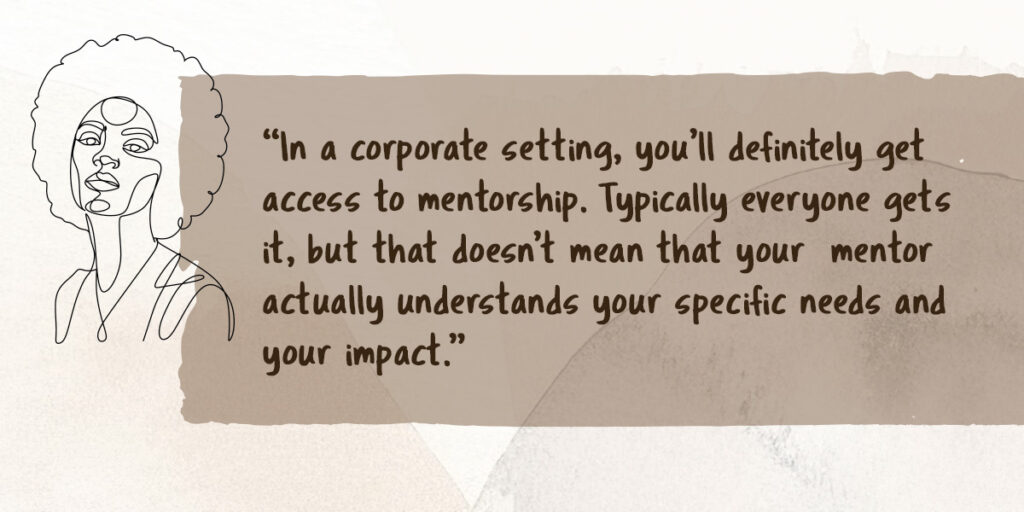
Support the Success of Black Women in The Workplace
Acknowledge the double burden and get comfortable with being uncomfortable. Passive leadership is a significant influence on perpetuating toxic environments. Focus group participants observed that managers often ignored problematic behaviour, allowing discriminatory practices to persist.
Normalize mental health and reduce emotional labour. Black women in particular need mental health support at work, including regular check-ins with empathetic managers and easily accessible professional development programs.Focus group participants stressed that financial incentives alone (e.g., raises) are insufficient to address deeper, systemic issues that are often driven by unconscious biases.
Accept that awareness is not the same as competence. Comprehensive management training and how to effectively lead diverse teams is urgently required in the foodservice industry. Focus group participants criticized the prevalence of inexperienced managers who fail to foster an inclusive work environment.
Value cultural contributions. Embrace and explore foods and traditions from diverse backgrounds and create opportunities for your employees to share their knowledge and cultural know-how.
Check in often. Proactively connect with employees to openly air—and actively address—concerns and manage interpersonal conflicts at work. Passive, “open-door” policies place the burden on employees to come forward, and is likely to result in higher attrition.
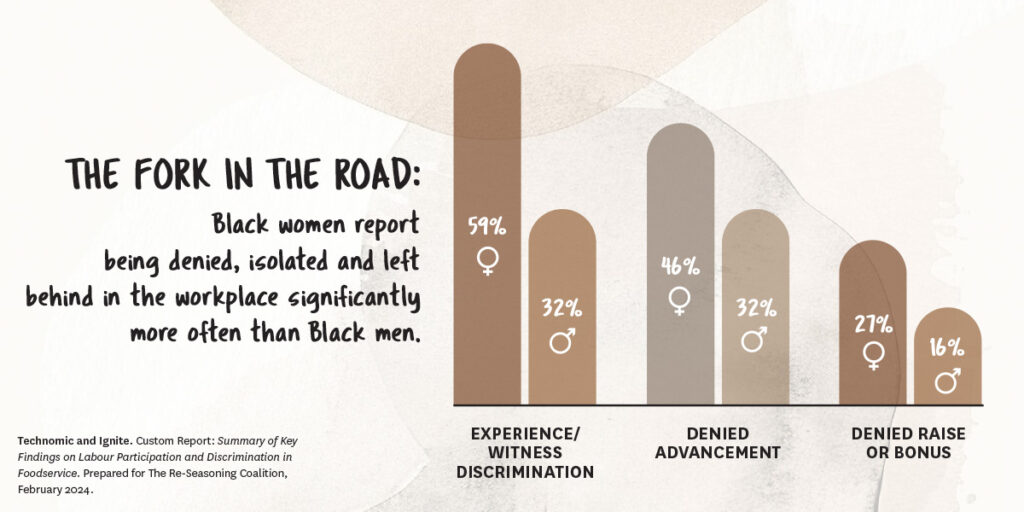
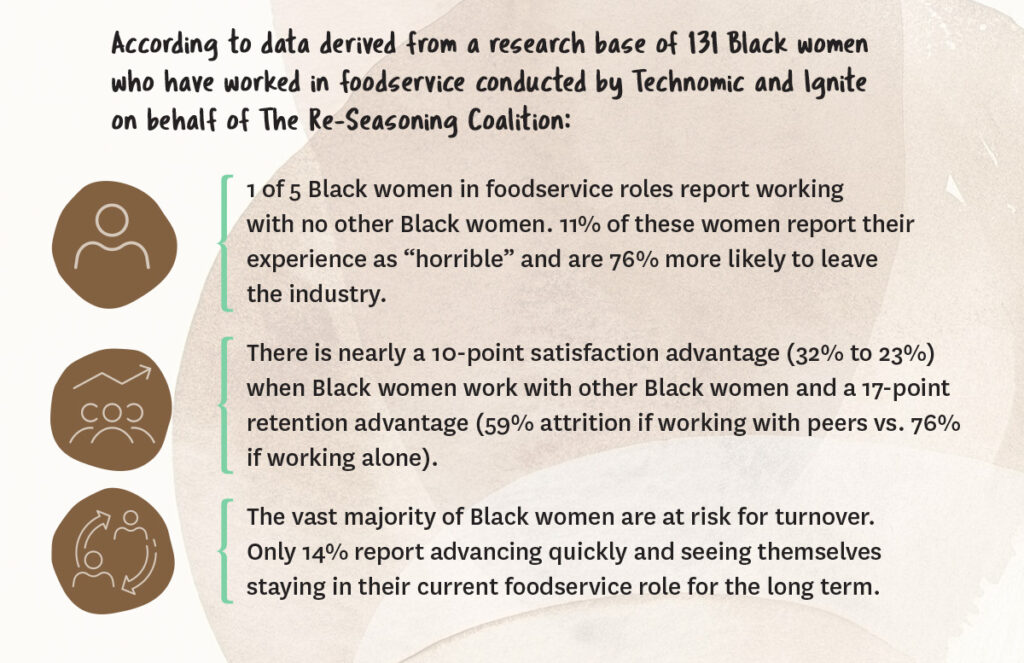

Join the waitlist for TRSC’s foodservice specific e-learning program to learn how to integrate equity into your business model to create stronger teams and drive better outcomes. thereseasoning.org
This program has been funded by Women and Gender Equality Canada.

